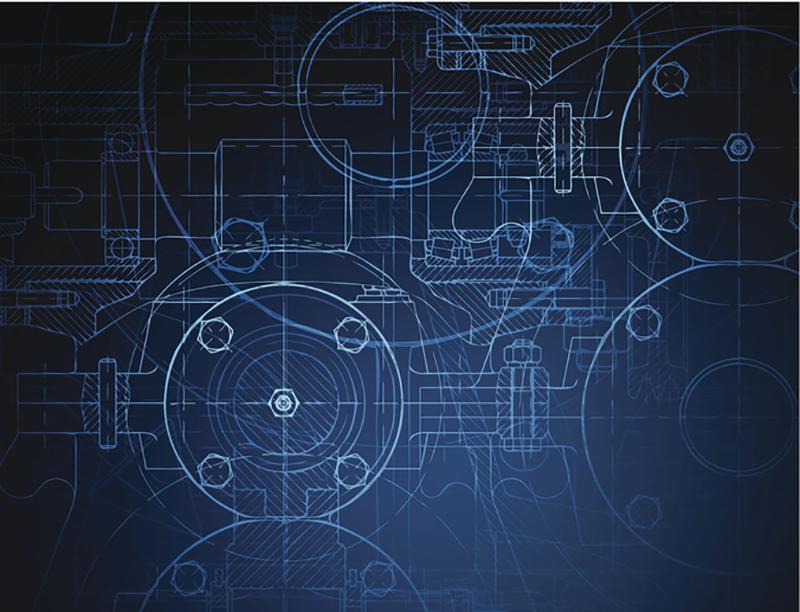Engineering New Zealand has released a report showing engineering contributes between $14.6 and $18.1 billion a year to New Zealand’s GDP – and that we will need almost 2,500 more engineers every year just to keep up with demand.
The report by PwC shows engineering positions produce an average of about $228,000 of GDP per employee per year – nearly twice as much as the average New Zealand worker.
Engineering New Zealand Chief Executive Richard Templer says, “It’s great to have an estimate of what engineering is worth to New Zealand.”
“To understand how engineering contributes, PwC had to look inside every industry. Engineering spans the whole economy, from the things that most people associate with engineering, like structural and civil projects that build the infrastructure all New Zealanders rely on, to more niche areas, like food-processing engineering, artificial intelligence and biomechanical implants.”
PwC estimates about 77,000 engineers are currently employed in New Zealand – around 3 percent of the workforce.
The report says New Zealand will need almost 2,500 engineers every year assuming long-term economic growth of three percent. This doesn’t include the new engineers we need to replace those who retire, leave the profession or go overseas.
Templer says, “In many ways the report has confirmed what we know – that engineers are of immense value to New Zealand’s economy, and that there’s a need for more engineering talent in New Zealand.”
Templer also recognises the need to support diversity within the profession. “Only 18 percent of Engineering New Zealand’s members are women, and Māori and Pasifika are also underrepresented. In order to serve our communities effectively, engineers need to be more representative of those communities.”
He points to initiatives like The Diversity Agenda and The Wonder Project, which aim to foster a more inclusive environment and show that engineering is for everyone.
“Engineering is an incredibly varied profession,” says Templer. “If you enjoy solving problems there’s bound to be a career path in engineering that excites and interests you.”
Templer says engineers are on the frontlines of some of the most pressing issues of our time. “Taking action to mitigate and adapt to the worst effects of climate change will rely on innovations in almost every sector. Efforts like rolling out more renewable energy, upscaling alternative transport options and developing new methods of food production are vital contributions to our collective futures.
“Engineers do amazing mahi and we need more of them, and Engineering New Zealand Te Ao Rangahau is here to support you no matter where you are in your training or career,” he says.






